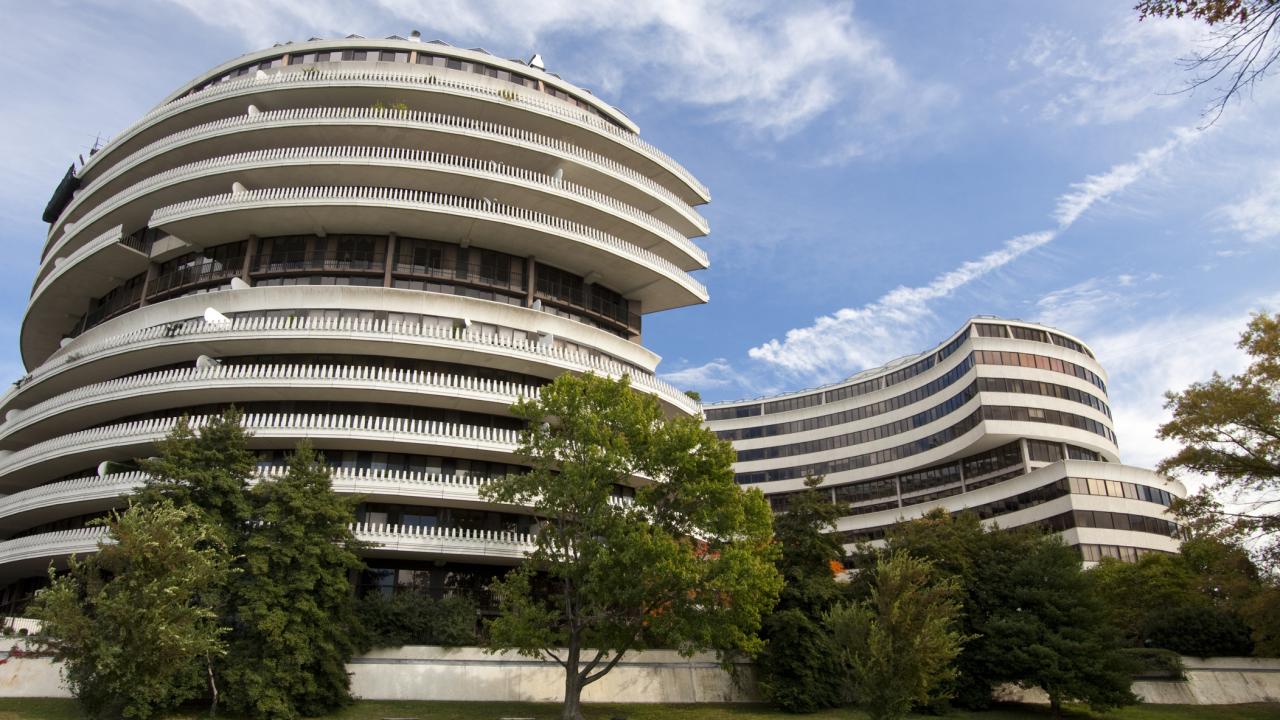In a recent podcast episode of “American Scandal,” UC Davis History Professor Kathryn Olmsted sat down with host Lindsay Graham to talk about the political scandal that changed the American public’s opinion of the United States government forever.
The Watergate scandal of June 1972 dealt with corruption at the highest level and office of the government. In June 1972, five men were caught breaking into the Democratic Headquarters in the Watergate Complex. The break-in was part of political espionage headed by officials from President Nixon's reelection campaign. Although President Nixon did not participate in the planning of the burglary, he made several attempts to cover up the scandal to protect himself and his allies. After severe scrutiny and criticism from the press, FBI, and Congress, President Nixon resigned in August 1974.
After learning the president of the United States was involved in a criminal conspiracy in an attempt to subvert the democratic election process, the American public began to distrust and question the government’s power.
In an attempt to restore the public’s trust in the government, the Senate established the Church Committee in 1975. The Church Committee was tasked with uncovering other possible abuses and crimes of political agencies such as the CIA and the FBI. However, the attempt was not successful. “It seems to be the case that the more the government tells the American public about its mistakes and crimes, the more it tends to feed the conspiratorial imagination,” says Olmsted.
Watergate spearheaded a new age of conspiracy theories. Professor Olmsted explains that people will turn to conspiracy theories to make sense of the chaos around them in times of crisis and uncertainty. However, while most individuals will occasionally consider and lightly talk of conspiracy theories, some will push their beliefs to the extreme.
Olmsted emphasizes the importance of fact-checking and thorough examination to avoid falling down the rabbit hole of conspiracy theories at the fringe. Conspiracy theories can ultimately be dangerous and have real-world consequences. Although some conspiracy theories have been confirmed, not all of them are.
One must draw the line between skepticism and cynicism.
This blog highlights and summarizes a podcast episode from American Scandal. You can listen to the full podcast episode here.
